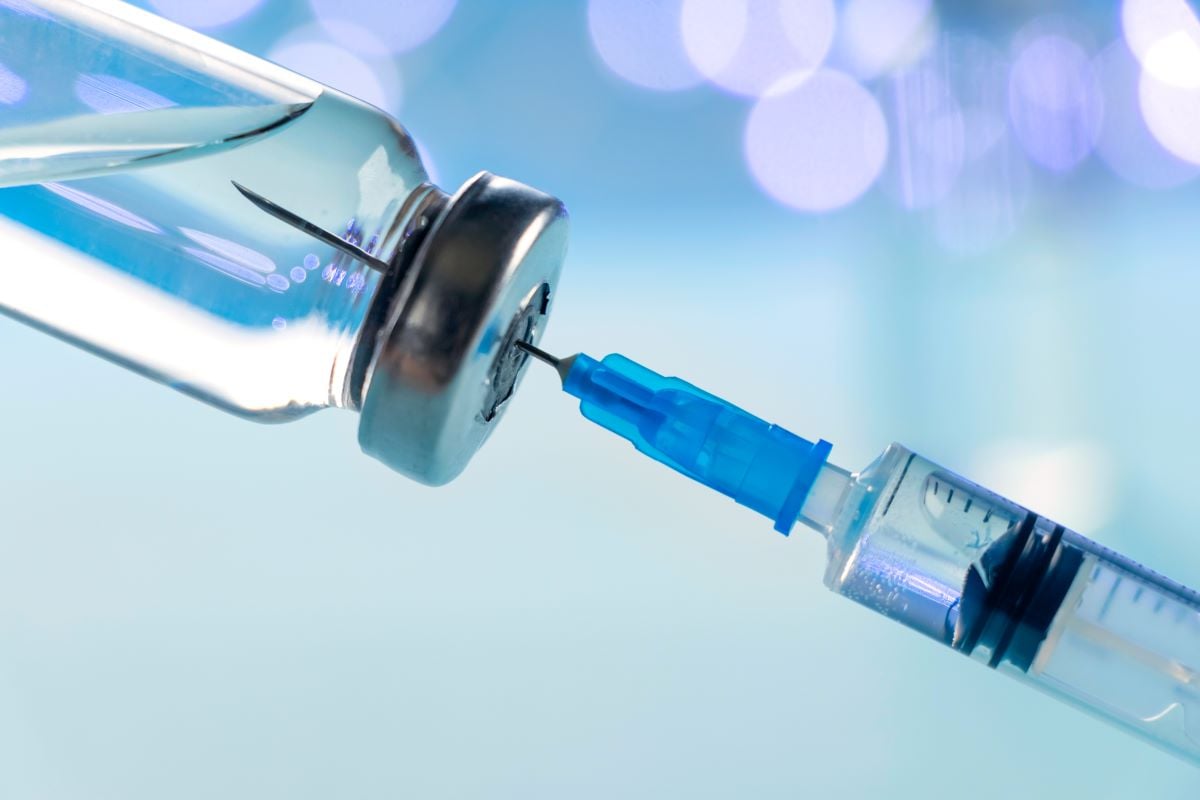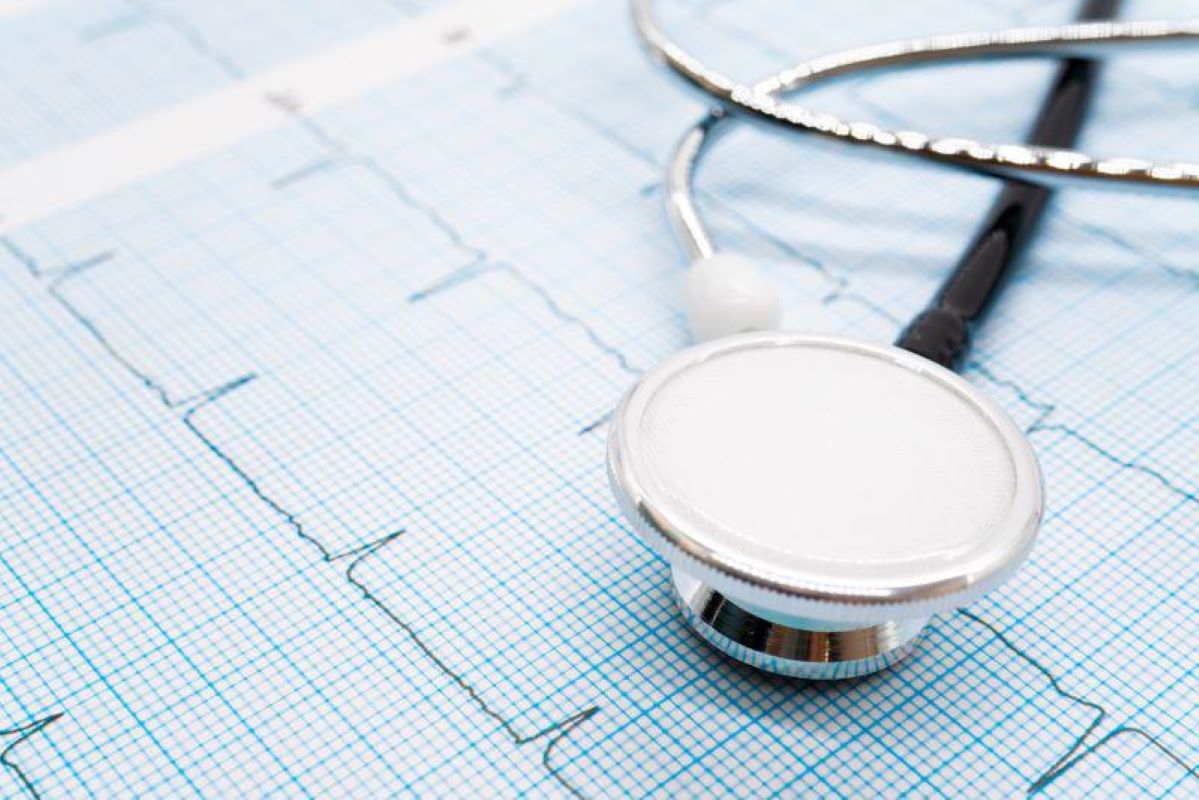
An AI-enhanced digital stethoscope can help doctors detect a potentially deadly form of heart failure that can occur late in pregnancy, a new clinical trial reports. The AI-driven stethoscope was 12 times more likely than traditional methods to spot heart pump weakness tied to peripartum cardiomyopathy, an uncommon form of heart failure linked to pregnancy,… read on > read on >


















